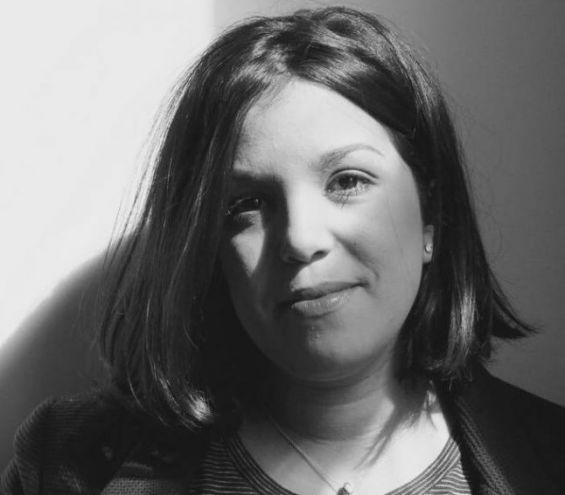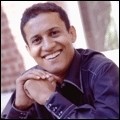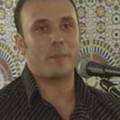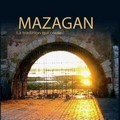Nadia Bouras is a Moroccan-Dutch historian who conducts research to answer questions related to her community and background. Born in Amsterdam, Nadia is the daughter of Moroccan parents who left Morocco for the Netherlands in the 1970s.
Her then-19-year-old father immigrated to Holland to join the rest of his family’s male members in unusual yet interesting circumstances. «When my father immigrated to the Netherlands he did not come as a traditional guest worker», Bouras told Yabiladi.
After all men in his village immigrated to Europe, Nadia’s father felt that he had to give it a go as well. «His brother lived in Amsterdam and my father was the only man in the village” near Sidi Ifni, the historian said.
«He was upset about that and wrote a letter to his brother, telling him that he wanted to come to Europe», Bouras recalled.
A school for Moroccans in Amsterdam
In Amsterdam, Nadia’s father built a family with his Casablanca-native wife, giving birth to five children. Alongside her four siblings, Nadia was raised in the Dutch capital, where she attended one of the first Arab schools in the Netherlands. «I attended Amsterdam’s first Arab school, which was at the beginning a mostly Moroccan school», Nadia told Yabiladi.
The school was the largest primary educational institution in Amsterdam and welcomed, almost exclusively, the children of Moroccan migrants settled down in the city. «It was called the Bouchra school», the Moroccan-Dutch researcher said, explaining that «it was named as such because it got accredited and subsidized by the Dutch government at some point».

The Bouchra school was an important part of Nadia’s childhood, as it contributed into bringing her closer to her Moroccan origins. «At school we took Arabic language classes and learnt a lot about Moroccan history, geography and culture», Nadia stressed.
In addition to her Arab school, where she shared the same background as her classmates, Nadia was brought up in an atmosphere, where Morocco was at the heart of every activity. «We spoke Moroccan Arabic at home (…) we were perfectly bilingual and Morocco was an important part of our childhood», recalled Nadia.
Being attached to her roots, Nadia decided from a very early age to study history to answer questions she asked growing up. «I was fascinated about the past and much interested in history», Bouras said. When she graduated high school, Nadia opted for history as a major at the university, focusing mainly on her background.
«In 2005, my master’s degree dissertation was on Moroccan women’s role in migration in the Netherlands and since then I have been working on migration».
As part of the Moroccan community in the Netherlands, Nadia felt that she had the legitimacy to do research on Moroccan migration. As a historian and a public speaker, she dedicated her research and presentations to debunking myths related to Dutch-Moroccans.
Moroccans, migration and myths
The researcher believes that people have too many wrong assumptions about the history of Moroccan migration in the European country and on Moroccans living there in general. She has even realized that «young Dutch-Moroccans know very little about the topic».
To paint a different picture of the history of Moroccan migration in the Netherlands, Nadia published a book in 2009 to shed light on stereotype linked to Moroccan migrants in the country and to debunk myths related to the community.
«We wanted to break up with the image Moroccans, who were as workers who did not have a social life», she explained. In her book, the researcher paid tribute to the pioneers, the first Moroccans who came to the Netherlands and who had several social and cultural activities.

In 2011, Nadia’s PhD was also about Morocco and migration in the European country. «My research was on Moroccan migration and the attachment Moroccan immigrants have for their country of origin from a historical perspective and a gender-related point of view», she explained.
The research looked into the different ways in which Moroccan men and women in the Netherlands maintained ties with their country and how this relation changed with time.
Nadia’s recent project is also related to Morocco, but in a personal way. The historian is working on a book and a documentary that will be shedding light on her primary school in Amsterdam. «I am looking into the history of the school, which was established in the 1970s by a preacher as a charity work», Nadia said.
The Dutch preacher set up a community house in the city and helped drug addicts, prostitutes and homeless people before meeting a Moroccan guest worker who lived in the same neighborhood. «He first helped one of them and then their children by building the school», she proudly said.
Nadia Bouras’ new book will be published by the end of 2020 while the documentary is expected to be aired in September 2019.





 chargement...
chargement...













